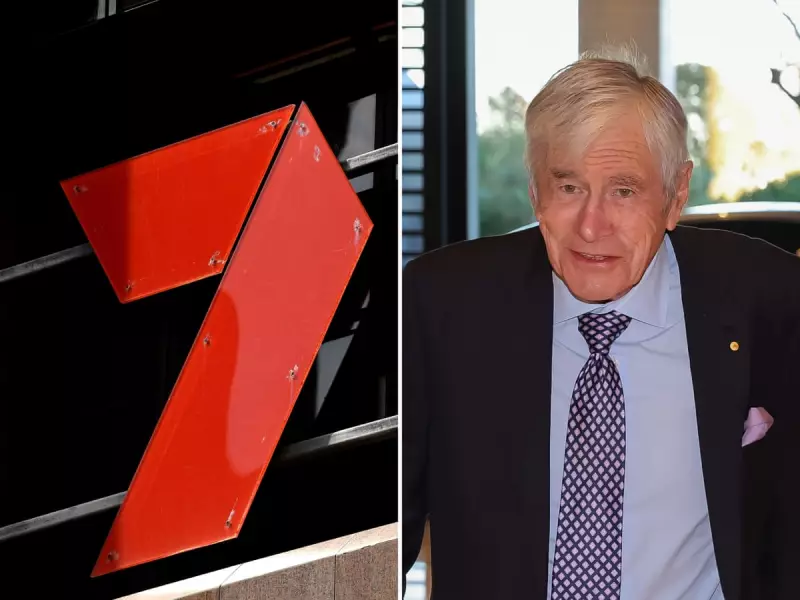
In a dramatic display of shareholder discontent, Seven West Media investors have delivered a powerful rebuke to the company's executive remuneration plans, voting against lucrative pay deals for top brass during a tense annual general meeting.
The media giant, controlled by billionaire Kerry Stokes, faced a stunning revolt as nearly 40% of shareholders rejected the proposed pay packages. The vote sends a clear message that investors are no longer willing to rubber-stamp executive compensation that appears disconnected from company performance.
Stokes Claims Shared Suffering
In a remarkable defence, Chairman Kerry Stokes attempted to align himself with disgruntled investors, declaring that he too has "suffered" financially from the company's recent struggles. Stokes revealed his personal stake in Seven West has diminished significantly, though he stopped short of providing specific figures.
"I want to assure shareholders that I feel your pain," Stokes told the meeting. "My own financial position has been materially impacted by the company's performance, and I understand the frustration around executive remuneration."
Growing Corporate Governance Concerns
The shareholder rebellion at Seven West reflects a broader trend in corporate Australia, where investors are increasingly flexing their muscles against perceived excessive executive pay. Several major Australian companies have faced similar revolts in recent years as governance standards tighten.
Key concerns raised by shareholders included:
- Perceived misalignment between executive rewards and company performance
- Lack of transparency around bonus calculations
- Concerns about long-term value creation for all shareholders
- Questions about the board's remuneration committee oversight
What This Means for Seven West's Future
While the vote is advisory rather than binding, the substantial protest represents a significant embarrassment for the board and signals deep investor dissatisfaction. The company now faces pressure to overhaul its remuneration structure and rebuild trust with its shareholder base.
Industry analysts suggest that failure to address these concerns could lead to further instability, potentially affecting the company's ability to attract and retain top talent while maintaining investor confidence during a challenging period for traditional media companies.
The outcome serves as a stark warning to corporate Australia that shareholders are increasingly willing to use their voting power to demand accountability and alignment between executive compensation and company performance.





